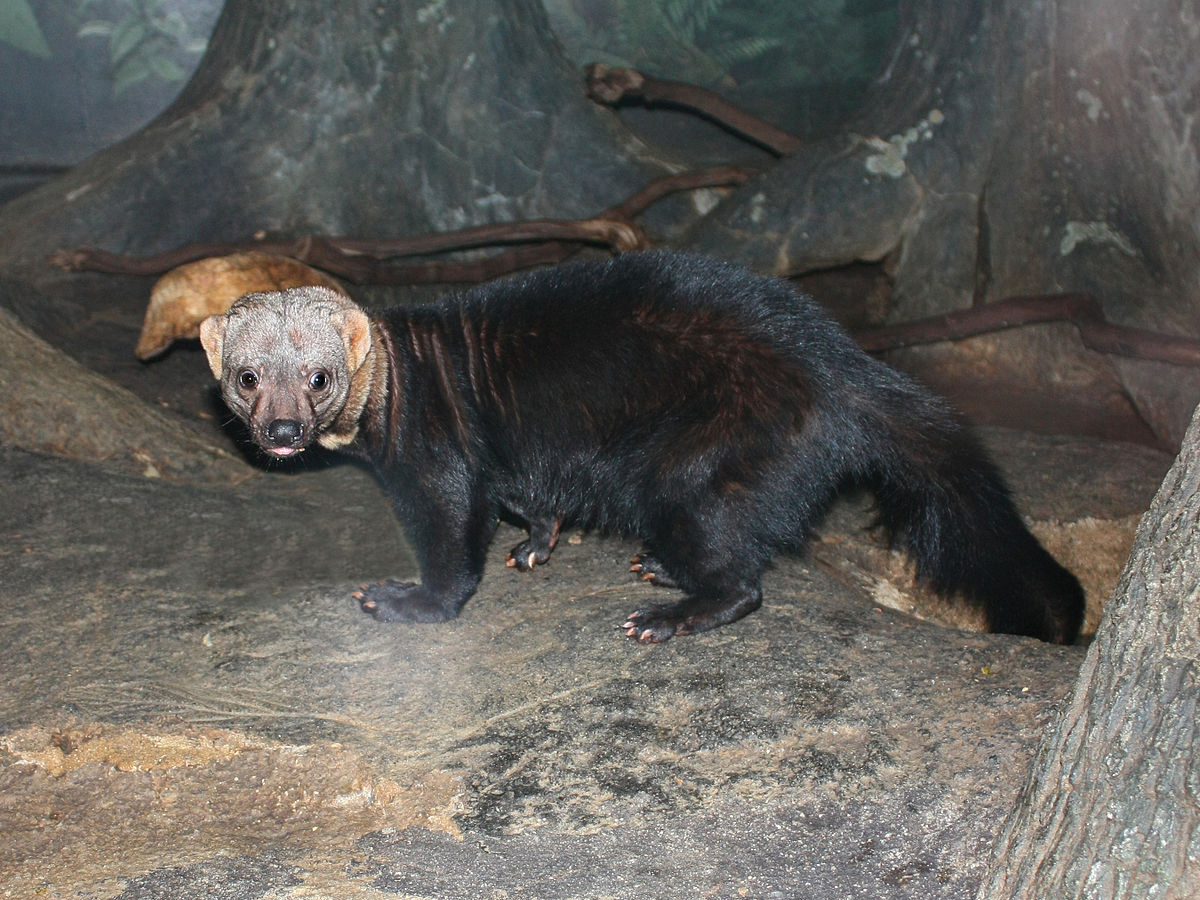
A recent research study conducted at UC Riverside is identifying new animal hosts that carry parasites causing Chagas disease, a fatal infection common in South America. The disease is transmitted through contact with parasite-carrying feces of insects known as “kissing bugs,” or by direct contact with the insects themselves. It is known for its mild symptoms but, if left untreated, can cause congenital heart failure.
Chagas affects more than 10 million people annually and has been termed a serious threat as there is no current vaccine or effective cure once its symptoms have manifested.
Research from UCR Professor of Entomology Christiane Weirauch’s lab provides a comprehensive review of animal hosts, including the newly discovered tayra, a weasel-like animal common in the Americas, and details on how the 152 species of kissing bugs contribute to the spread Chagas. The purpose of this research is to find out how the disease is transmitted in rural environments.
The study, led by biology major Anna Georgieva and graduate student Eric Gordon, involved the use of PCR (polymerase chain reaction, a process used to amplify DNA) and multiple database collections to gather extensive molecular data as to what types of kissing bugs transmit the disease via blood transmission to animal hosts. This will support efforts to control the spread of the disease particularly in poor and rural populations exposed to those types of animal hosts.
According to Gordon, education and pesticide application around homes has helped reduce the impact of kissing bugs associated with homes and domestic animals, but now the real problem is controlling the rural hosts.
Gordon emphasizes that controlling Chagas disease starts with handling the bioaccumulation of the parasite in certain carnivores near the top of the food chain. The problem arises when kissing bugs also feed on these carnivores, as has occurred for the tayra in the study.
If a vaccine becomes available in the future, wild animal hosts are good candidates to target for immunization to halt the natural spread of the parasite and potentially help to eradicate the pathogen.
It is suggested to take precautions by spraying against pests semi-annually or annually to prevent kissing bugs that target sylvatic hosts (hosts that produce saliva). Handling raccoons, tayras, weasels or any similar hosts, even if they are dead, can lead to transmission of the disease. It is recommended to call professionals for proper disposal.








